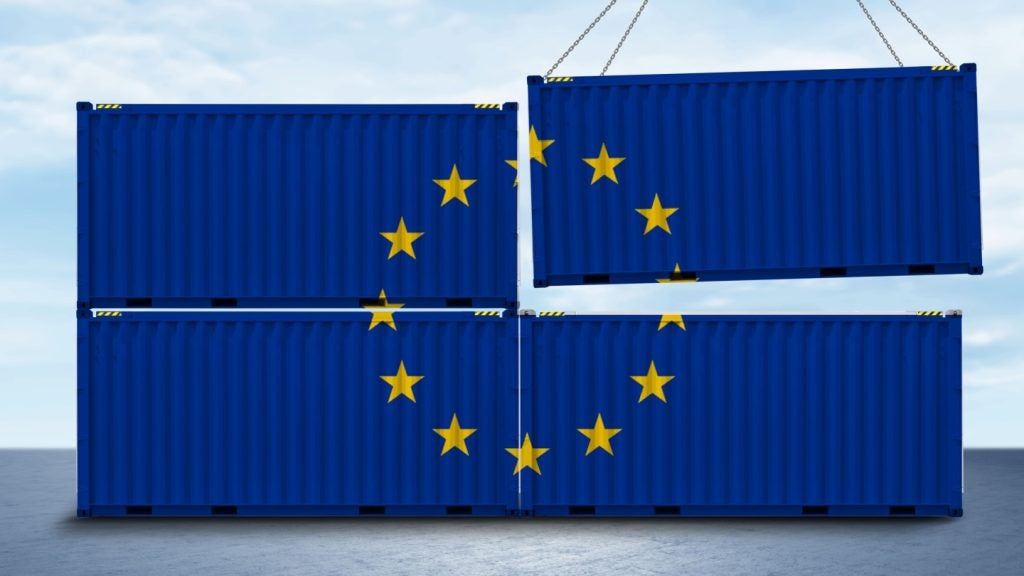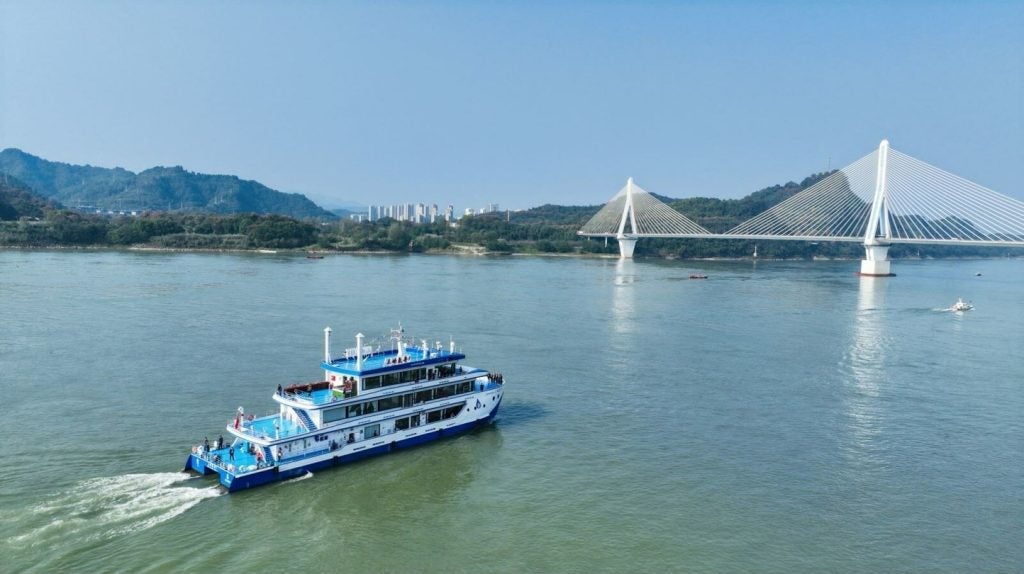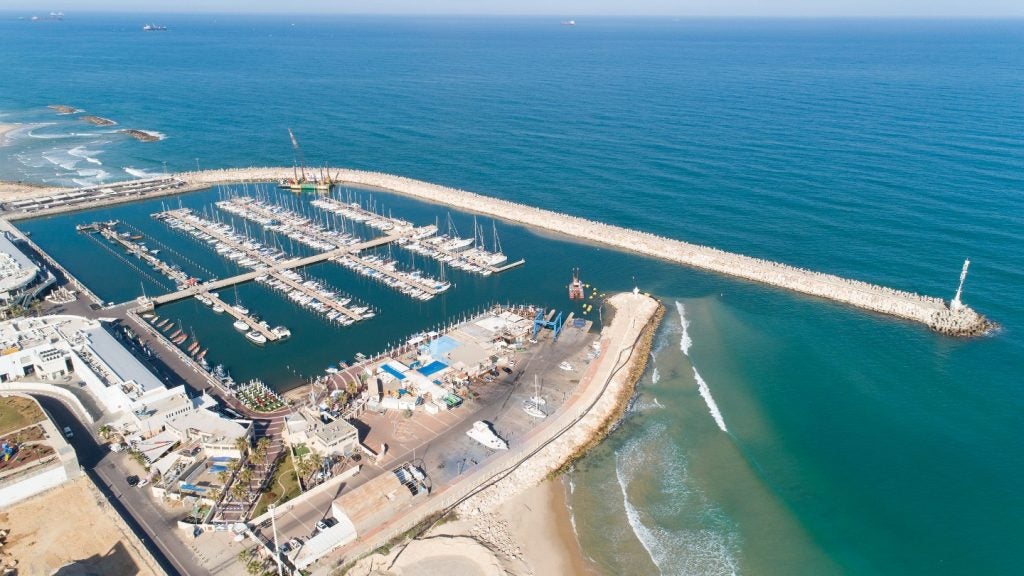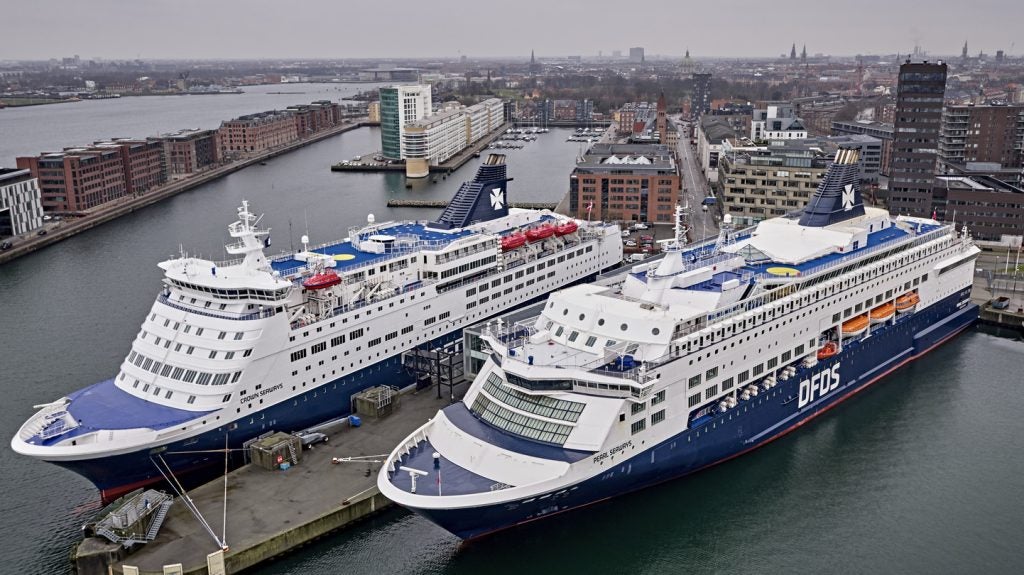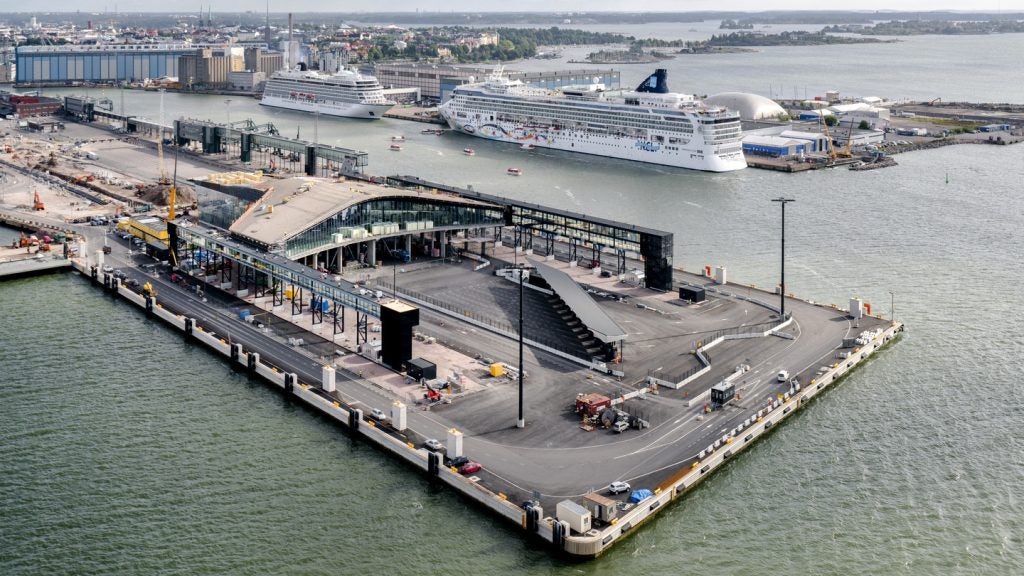The European Commission (EC) will end the EU antitrust exemption covering liner shipping consortia, which has been in place for almost 15 years after deciding it no longer boosts competition.
The decision was made following a review that began in August 2022 that found that the Consortia Block Exemption Regulation (CBER) was no longer enabling smaller carriers to cooperate as a way of offering alternative services to compete with larger carriers.
Justice Commissioner Didier Reynders, who is in charge of competition policy, said: “Shipping services are crucial to European and world trade. This key sector has undergone significant structural changes, such as carriers’ consolidation, global alliances and vertical integration, resulting in new market conditions which became apparent during the coronavirus pandemic.
“Our evaluation has shown that a dedicated block exemption for shipping lines is no longer adapted to those new market conditions.”
Though the legal framework will now expire on April 25, 2024, the EU clarified that it won’t mean that shipping lines will no longer be able to cooperate, but they will instead have to assess the compatibility of their agreements with the standard EU antitrust rules.
While operating, the CBER has allowed liner shipping operators with a joint market share of less than 30% to provide joint cargo services, as long as they don’t fix prices or share markets with each other.
It had previously been extended in 2014 and 2020, with the EC saying that the previous decision was justified by “the absence of deterioration in the parameters of competition (mainly freight rates, availability and reliability of services) over the 2014–2019 period”.
However, while outlining its working document on the latest decision, the commission said: “Given the small number and profile of consortia falling within the scope of the CBER, the CBER brings limited compliance cost savings to carriers and plays a secondary role in carriers' decision to cooperate.”


